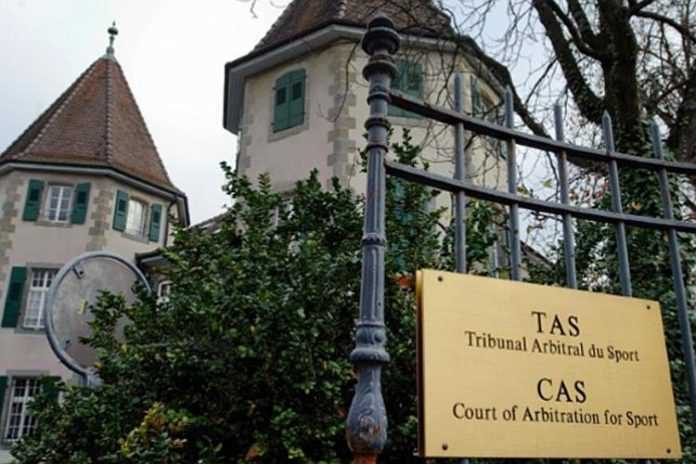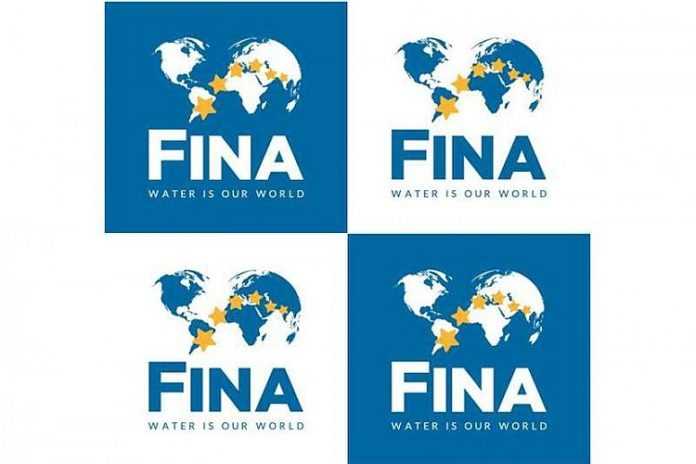“It is with disappointment that the International Olympic Committee (IOC) has been informed of the ruling by the Swiss Federal Tribunal rejecting the IOC appeal against the CAS decision dated 23 April 2018 regarding the Russian Cross Country skier Alexander Legkov.”
That was the introduction to the IOC’s statement concerning not only the Legkov case, but the other reversals by the Court of Arbitration for Sport (CAS) last year, for which detailed decisions have not yet been delivered (but are still promised).
The specifics of the Legkov case involve the Sochi gold medalist in the men’s 50 km race and silver medalist in the 4×10 km relay. He was disqualified by the IOC’s Disciplinary Commission with the decision published in 27 November 2017, but appealed to the CAS thereafter.
The CAS decision was essentially that Legkov’s doping samples at the Sochi Games did not come back as positive for any banned substance and that as the IOC was unable to show that his samples were definitively altered in any way, he cannot be disqualified. The CAS decision was very specific in noting that its decision does not say that there was not a wide-ranging doping scheme in place for Russian athletes at the Sochi Games, but only that there was not enough evidence to confirm that Legkov was doping. This was the holding, despite there being apparent tampering marks on two of Legkov’s collection samples, but the samples themselves did not show added salt or mixed DNA as in the case of other disqualified athletes.
The IOC appealed the CAS decision to the Swiss Federal Tribunal and was turned away. And this case has implications for many more, per the IOC’s statement:
“On 1 February 2018, the CAS upheld 28 appeals by Russian athletes and confirmed only 11 of the IOC decisions taken against Russian athletes who had participated in the Olympic Winter Games Sochi 2014.
“The IOC received the first reasoned decisions from CAS in late April 2018, and it was decided to appeal the first of the 28 CAS decisions that did not confirm the IOC Disciplinary Commission decisions before the Swiss Federal Tribunal. It was felt that, even if the chances of winning might not be high, given the specific circumstances of the cases, it was still important to appeal the cases to exhaust all possible avenues in order to protect clean athletes.”
“The reasons for the decision to reject the IOC appeal in this case have not yet been disclosed, but since the 28 reasoned decisions by the CAS are similar, the IOC will not proceed with appeals for the remaining 27 cases. The IOC does however reserve the right to reopen these cases should new evidence arise.”
The CAS decision acknowledged the Russian doping scheme, but felt there had to be specific evidence against any athlete to confirm a doping positive. That brings the burden right back to the testing process and undercuts potential findings of doping based on the testimony of others.
This is an evidentiary problem for the World Anti-Doping Agency, national anti-doping organizations and the International Testing Agency, all of whom have the responsibility of testing going forward.
The solution is an Olympic counterpart to the American “Racketeer-Influenced and Corrupt Organizations Act (“RICO”) which penalizes participants in a conspiracy scheme to commit a crime. But the process of creating and adopting such a solution has not started … yet.

























